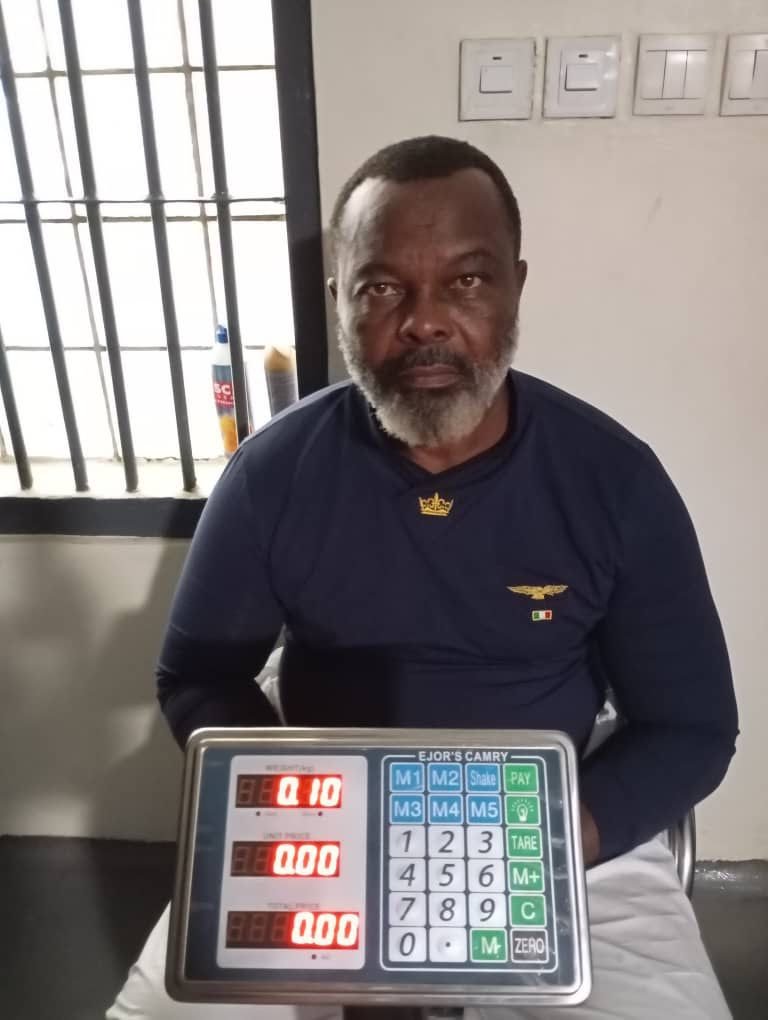The federal government of Nigeria has been slammed with $9bn in damages for letting down its 201 million residents by failing to complete a gas supply and production agreement that would have transformed their lives. Instead, the country will now have to pay $9bn (£7.4bn) in penalties or risk having its assets seized.
According to the published report, the accusation is being levied at Nigeria by lawyers representing Process and Industrial Developments Ltd (P&ID), a gas supply and engineering company, following a UK court ruling that paves the way for the seizure of assets belonging to Africa’s richest country.
The extraordinary figure represents one-fifth of the country’s declared foreign reserves of $45bn. “Completely wrong and obviously unjustifiable”, were the words used by Nigerian government officials to describe the ruling by a judge in London last week. But yesterday, lawyers for P&ID vigorously defended their client’s position. A spokesman said: “Nigeria failed to live up to its contractual commitments.
The project would have generated 2,000 MW of power for the national grid and could have been transformative for millions of Nigerians. At present, the World Bank estimates that in 2017, only 59% of the country had access to a reliable supply of electricity.” The decision, at the commercial court, converted a 2017 arbitration tribunal award into a high court judgment, and gives British Virgin Islands-registered P&ID the right to seize $9bn in assets, following the failed gas supply and processing agreement. The Nigerian government continues to dispute the UK’s jurisdiction to hear the matter, Godwin Emefiele, governor of the country’s Central Bank (CBN), said in an interview “We know that the implication of that judgment has some impact on monetary policy and that is why the CBN is going to step forward and strongly defend the country and the reserves of the federal republic of Nigeria.” But unless the Nigerian government can reach a last-minute agreement, its assets are at risk. P&ID’s barrister Andrew Stafford QC said: “P&ID is committed to vigorously enforcing its rights, and we intend to begin the process of seizing Nigerian assets in order to satisfy this award as soon as possible.”
The dispute arose in 2010. Brendan Cahill, founder of P&ID, and his late business partner, Michael Quinn, signed a contract with Nigerian ministry officials in which it was agreed that the government would install pipelines and supply the gas that would connect to P&ID’s “state-of-the-art gas processing plant” in Calabar, south-east Nigeria, to be built free of charge to the state. The intention was to convert wet natural gas to dry gas to power the country’s national electric grid, improving supply. P&ID would sell 15% of the propane, ethane and butane by-products on the international market, with an expectation of generating “$5bn to $6bn in profit over a 20-year period”. In return, Nigeria would receive 85% of the gas at no cost for generating electricity. In 2012, however, the deal fell through after the Nigerian government allegedly failed to install pipelines or supply the gas. At the heart of the matter, said the government, was the fact that the company did not build the promised processing plants. P&ID claimed it was the government’s conduct that prevented them from fulfilling their side of the agreement.
In a statement to the tribunal, Cahill explained that he had conceived the idea of processing gas from the Calabar region in 2006, after which P&ID “set about the necessary preparatory engineering work”. He alleges that over two years the company invested more than $40m on feasibility studies, licences, drawings and project management costs, before approaching the Nigerians. Following several years of negotiations, the parties signed the contract in 2010, during the presidency of Umaru Yar’adua. Cahill alleges that the government failed to provide the necessary technical specifications for him to meet his contract and the parties fell into dispute after he discovered the government was engaging with a third party to process the gas.
During the 2015 tribunal, the Nigerian government argued that P&ID’s failure to build the gas processing plant was a fundamental breach of contract, as no gas could be delivered until this was done. The tribunal dismissed their arguments, finding them in breach of contract. In January 2017, P&ID were awarded $6.6bn and claimed interest at the rate of $1.2m a day, which increased their claim to more than $9bn. At the commercial court last week, P&ID sought to convert the tribunal’s award to a high court judgment. The Nigerian government contested the hearing, arguing that as the original contract had been signed in Nigeria, an English court had no jurisdiction, describing the tribunal’s award as “manifestly excessive”. Justice Christopher Butcher found in favour of P&ID, enforcing the $9bn award. The Nigerian government is considering its next move. Emefiele said: “There are sufficient and strong grounds on the basis of which we could file a stay of execution and also an appeal against that judgment. There are certain anomalies in the process leading to the award of that contract which are currently being looked into by the economic and financial crimes commission.”
Responding to comments by Emefiele, lawyers for P&ID said the high court judgment was “clear, decisive and consistent with prior legal findings”. “It determined that compensation must be paid as it failed to uphold its contractual commitments. The tribunal, which included a former attorney-general of Nigeria, unanimously determined that the FRN was at fault for the project’s failure. Their arguments have been comprehensively rejected.” The matter is still to be settled in the US, where P&ID are seeking permission to enforce the arbitration award. Nigeria’s defence in the US is the same as those just rejected by the English court.
UK court awards $9bn compensation against FG for letting citizens down






